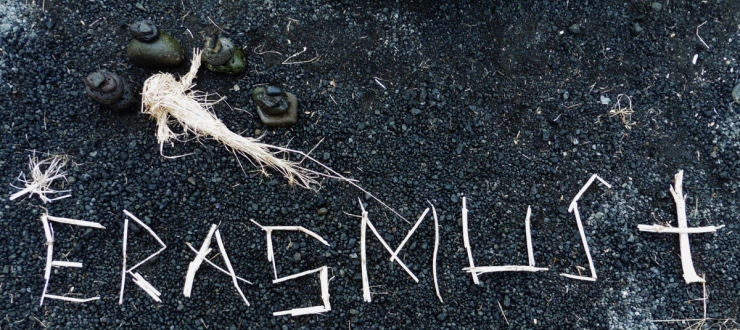
This project was an action research where the participating preschools used pedagogical documentation as a tool of assessment and educational development evolving literacy and democracy. This project addressed several key competences outlined by the European Commission as well as supporting national curricula in the participating countries.
The background of the project was a project addressing the very same issues taking place in the preschool Holt in Iceland, in 2012-2013. The project was hence complementary in regard to this former project, also addressing the same issues but on an international level. To have had the possibility to discuss these topics with other preschools in Europe, added to the understanding of democracy and literacy, as well as having an impact on working methods and what competencies to address when working with democracy and literacy.
The objectives of the project were:
• To develop working methods evolving literacy concerning emergent literacy, mathematics, science, digital technology and culture and environmental awareness, as well as the meaning making of society.
• To develop working methods evolving democracy, building bridges between formal and non formal learning contexts to maximize the interest, creativity and participation of the children in a motivational and student-centered cross curricular environment.
• To be able to use pedagogical documentation as a tool of assessment.
To reach the objectives the two years of the project time were divided into four different work periods, each period lasting for about four months. The focus of the four periods were:
1. How can teachers initiate and support democracy and literacy?
2. Children‘s participation in their learning process.
3. How to involve parents, enhancing the democratic impact as well as in supporting children’s learning processes considering literacy.
4. Looking into daily routines and school environment as to how we can improve democracy and literacy skills through practical solutions, technique or schemes of behavior considering the daily life and social sphere at school. Including organizing the classroom, furniture, teaching aids, worksheets etc..
The total number of participating preschools were 4 in as many countries. The preschools being Leikskólinn Holt in Iceland, Przedszkole nr 48 z Oddziałami Integracyjnymi w Zabrzu in Poland, the pre- and elementary school C.R.A. Alto Cidacos in Spain and Vrtec Trzic in Slovenia.
The project included four transnational project meetings for planning and assessing the project, and for preparing a publication. Learning, teaching, training activities took place four times during these two years, one taking place in each participating preschool. These activities always included a day of job shadowing the daily work in the preschool and the opportunity to discuss pedagogical documentations from the participating countries, as well as learning courses and/or lectures and visits to other schools of interest in the vicinity. In between activities the project progressed in the different preschools using a website for mutual presentations and discussions. The project also included working with eTwinning, addressing certain topics involving literacy and democracy based upon the experiences during the learning, teaching, training activities.
As a result of our four areas of focus:
a) Teachers have had the opportunity to develop their professional identity, professionalism and competence. They have learned and tried out different methods and possibilities and consequently they have become more aware and capable of using the opportunities to work with literacy in its widest sense promoting the interest and spontaneous activities of children.
b) The children have experienced new methods of teaching styles, more and different learning materials, they have been encouraged to become more self autonomous and to have an impact on their everyday activities.
c) Teachers directed their attention towards parents finding more and new ways to include them in the school, resulting in more aware parents and also an increase of parental collaboration and participation in the schools.
d) Daily routines and environment has been reviewed to promote democracy and literacy. The result of the project being institutionalization of teaching methods and developing teachers‘ attitudes concerning democracy and literacy, as well as using pedagogical documentations for assessments.
Please also visit the project website for more information on http://www.throughdemocracytoliteracy.wordpress.com